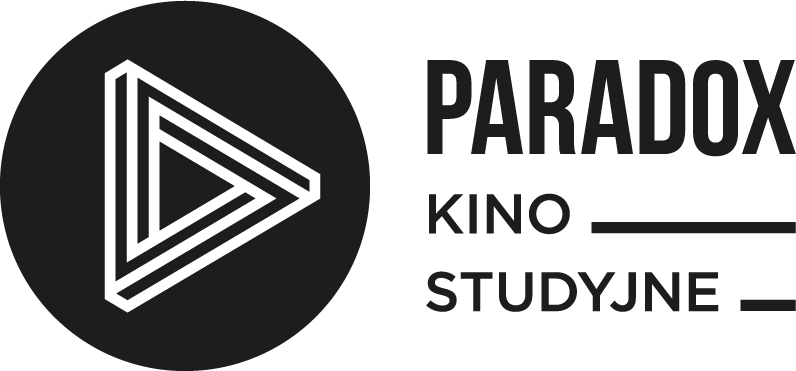Józef (J.Nowicki) przyjeżdża do sanatorium, gdzie przebywał przed
laty jego zmarły ojciec, Jakub (T.Kondrat). Podróż okazuje się podróżą w
czasie i w przestrzeni, po labiryncie przeszłości. Pozwala mu przeżyć w
nadrealistycznej formie sceny z dzieciństwa, z wyobraźni. Klamrą
kompozycyjną jest podróż pociągiem, a ślepy konduktor uosabia zachętę do
spojrzenia wewnątrz, a nie na otaczający nas materialny świat. Doktor
(G.Holoubek) kwateruje Józefa w pokoju ojca, który jak inni pacjenci
przebywa na granicy życia i śmierci, w półśnie. Matka, jak się wydaje,
pogrążyła się w amnezji. W drodze z żydowskiej szkoły odwiedza namiętną
ciotkę Adelę, gdzie odkrywa, że karty Wielkiej Księgi służą jej do
pakowania mięsa. Zdumiony odnajduje ojca na targowisku.
Józef (J. Nowicki) comes to the sanatorium where his deceased father,
Jakub (T. Kondrat), used to stay many years ago. The journey turns out
to be a journey in time and space, through the maze of the past. It
allows him to experience his childhood memories and situations that he
imagines in a really surrealistic form. The train journey is the framing
device of the film, the blind conductor personifies the encouragement
to look inside the soul, not at the material world around us. The doctor
(G. Holoubek) quarters Józef in his father's room, who, like other
patients, is on the verge of life and death, half asleep. The mother
seems to suffer from amnesia. On his way back from a Jewish school, the
man visits his passionate aunt, Adela. He discovers that the pages of
the Big Book are used for wrapping meat. Amazed, he finds his father at
the market.
Film jest poprzedzony video-prelekcją Adriany Prodeus (około 5 minut)
